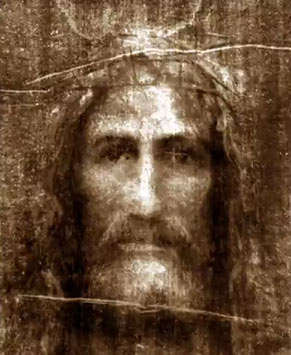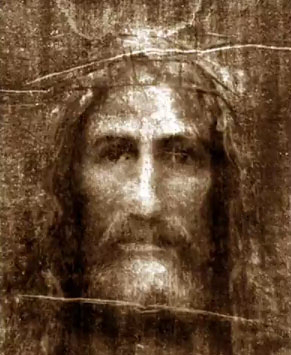Alice A. Bailey (AAB) had some interesting things to say about what she described as the overshadowing of Jesus Christ. She quotes Helena P. Blavatsky (HPB) to introduce the concept of a human being “overshadowed by a great adept”:
“When a man has reached a certain development and can be of service to the world, cases occur when he is overshadowed by a great adept, or—as in the case of H. P. B. —by One greater than an adept.” -A Treatise on Cosmic Fire , 3. THE SOLAR ANGELS, THE AGNISHVATTAS. – Part 3
Then she goes on to say that this was the case with Jesus
“…a disciple will return into incarnation occasionally so as to fit into the plan of a greater than himself. When a messenger of the Great Lodge needs a vehicle through which to express Himself, and cannot use a physical body Himself, owing to the rarity of its substance, He will utilise the body of a disciple. We have an instance of this in the manner the Christ used the body of the initiate Jesus, taking possession of it at the time of the Baptism. Again when a message has to be given out to the world during some recurring cycle, a disciple of high position in a Master’s group will appear in physical incarnation, and be “overshadowed” or “inspired” (in the technically occult sense) by some teacher greater than he.”
A Treatise on Cosmic Fire , VI. EFFECTS OF SYNTHETIC MOTION – Part 1
The idea is that Jesus of Nazareth, a human being, was overshadowed by the Christ – a greater being – and together in one body they accomplished the mission that is recorded in the New Testament. Author Joseph J. Dewey (JJD) wrote on this overshadowing that:
Continue reading “Alice A. Bailey and the Overshadowing of Jesus Christ”


